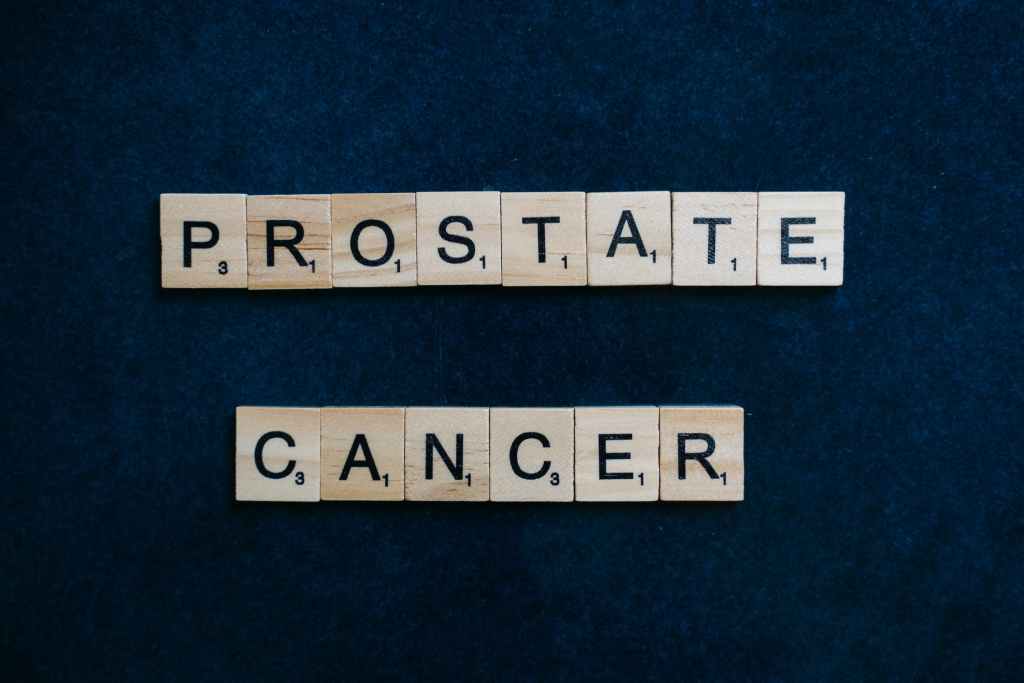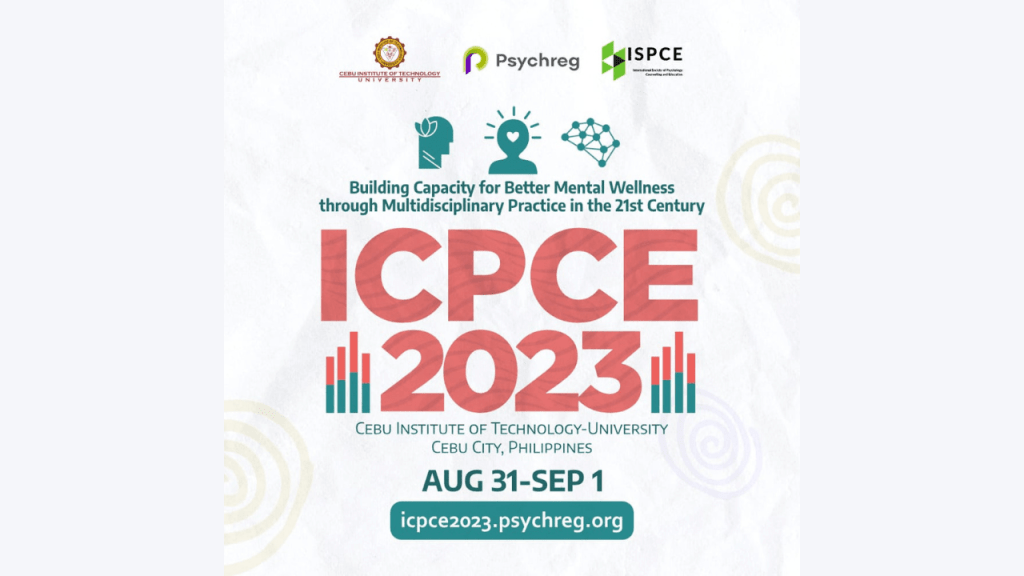Posttraumatic stress disorder (PTSD) is a mental health condition triggered by experiencing or witnessing a terrifying event. It can affect anyone, from military veterans and accident survivors to victims of abuse. With symptoms such as flashbacks, nightmares, anxiety, and uncontrollable thoughts, PTSD can take a toll on the quality of life. Fortunately, with the right treatment plan, people can regain control and move towards recovery.
Assess the situation
Before developing a treatment plan, it’s crucial to accurately assess the individual’s situation. A thorough psychological evaluation by a psychiatrist or psychologist is essential in diagnosing PTSD. They consider various factors such as the nature of the traumatic event, the duration and severity of symptoms, and how these symptoms are affecting the person’s daily life.
Tailored therapy options
Once PTSD is diagnosed, therapy should be the cornerstone of any treatment plan. There are various forms of therapy that have proven to be effective for PTSD:
- Cognitive behavioural therapy (CBT). CBT involves identifying and changing thought patterns that are causing distress. For PTSD, a specific type of CBT called trauma-focused CBT is often used, which concentrates on the memories of the traumatic event.
- Eye movement desensitisation and reprocessing (EMDR). In EMDR, the therapist helps the patient process traumatic memories by guiding them through a series of eye movements. This can help change the way these memories are stored in the brain, making them less distressing.
- Prolonged exposure therapy. This involves exposing the patient to the thoughts, feelings, and situations that they have been avoiding due to the traumatic event. The goal is to help the person face and gain control of the fear and distress that was overwhelming.
- Group therapy. Sometimes, it’s beneficial for individuals with PTSD to engage in therapy with others who have had similar experiences. This can reduce feelings of isolation and provide a support network.
Medication management
Medications are often used in conjunction with therapy. Antidepressants such as selective serotonin reuptake inhibitors (SSRIs) are commonly prescribed to treat symptoms of PTSD. It is crucial to work closely with a healthcare provider to find the right medication and dosage.
Lifestyle modifications and self-help strategies
- Exercise. Engaging in regular physical activity has been shown to reduce symptoms of anxiety and depression, both of which can accompany PTSD.
- Mindfulness and meditation. Practices such as mindfulness meditation or yoga can help individuals manage symptoms by promoting relaxation and a sense of control.
- Building a support system. Connecting with family, friends, or support groups can be invaluable. A strong support system provides a sense of belonging and can help in processing emotions.
Monitoring and adjusting the plan
A PTSD treatment plan should not be static; it requires regular monitoring and adjustment. It’s important for the individual and their healthcare provider to communicate openly about how the treatment is progressing and make necessary adjustments.
Crisis planning
It’s important to have a plan in case of a crisis. This includes identifying triggers that might worsen PTSD symptoms and having a list of steps to take if symptoms become unmanageable, such as contacting a healthcare provider, reaching out to a support person, or going to the nearest hospital.
Takeaway
Crafting a comprehensive PTSD treatment plan involves a multifaceted approach including therapy, medication, lifestyle modifications, and self-help strategies. Through a personalised plan, ongoing monitoring, and crisis planning, individuals with PTSD can navigate the path to recovery and reclaim their lives.
It’s important to remember that seeking help is a sign of strength, and with the right support, recovery is within reach.
Dennis Relojo-Howell is the managing director of Psychreg.




























